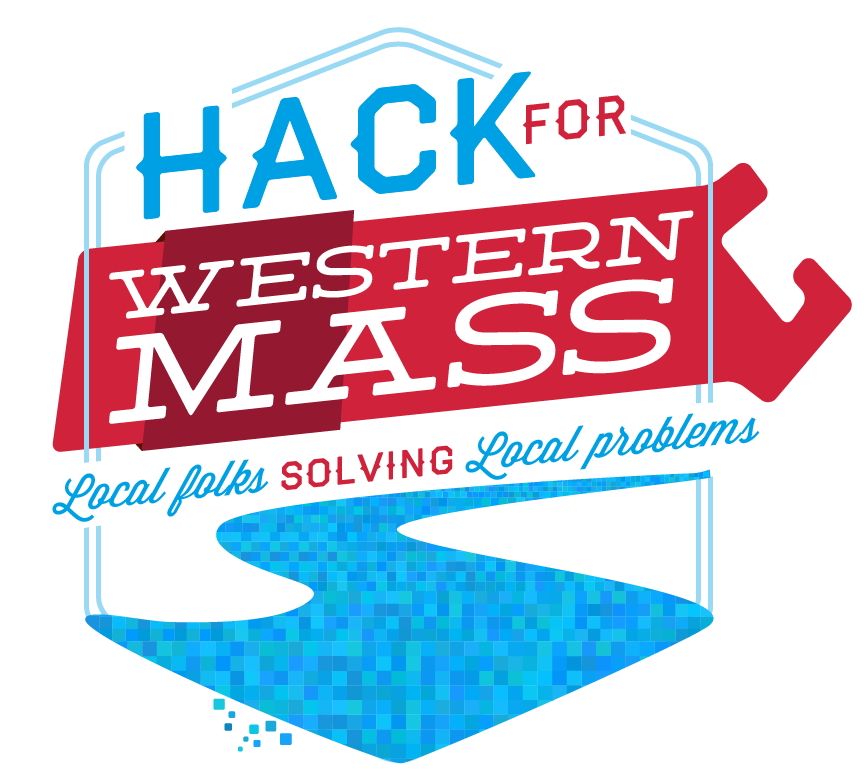 On Oct. 7, Professor Robert Pollin (economics and Political Economic Research Institute) will discuss his recent work in a talk titled “Austerity Economics is Bad Economics. What are the Alternatives?”
On Oct. 7, Professor Robert Pollin (economics and Political Economic Research Institute) will discuss his recent work in a talk titled “Austerity Economics is Bad Economics. What are the Alternatives?”
Harvard University economists Carmen Reinhart and Kenneth Rogoff wrote a paper in 2010 that has been used to justify austerity policies across the globe. In their study, titled “Growth in a Time of Debt,” they show that high public debt is associated with lower economic growth. But UMass economics Ph.D. candidate Thomas Herndon recently discovered that this study contains major mistakes and shortcomings.
Earlier this year, Herdon, Pollin and Professor Michael Ash (economics and public policy) published a critique to the highly influential Reinhart/Rogoff paper, providing further evidence that the dominant austerity policy agenda in the U.S. and Europe is without viable analytic foundations. Building an alternative to austerity needs to begin from two first principles: full employment and building a clean-energy economy.
Pollin’s research centers on macroeconomics, conditions for low-wage workers in the U.S. and globally, the analysis of financial markets, and the economics of building a clean-energy economy in the U.S. In his most recent book, Back to Full Employment, Pollin argues that the biggest obstacles to creating a full-employment economy are political, not technical.
This lecture is part of CPPA’s fall 2013 Faculty Colloquium series, which consists of informal talks, often about works-in-progress, with presenters providing a significant amount of time for audience discussion and feedback. All talks will be in Thompson 620, from noon to 1 p.m. They are open to the public and brown bag lunches are welcome.
 On Sept. 30, James Heintz will discuss his recent work in a talk titled “Gender Equality, Economic Growth and Human Rights: Where do we go From Here?”
On Sept. 30, James Heintz will discuss his recent work in a talk titled “Gender Equality, Economic Growth and Human Rights: Where do we go From Here?”
 This fall, longtime media activist Pete Tridish will serve as a
This fall, longtime media activist Pete Tridish will serve as a  Nov. 4
Nov. 4 Dec. 2
Dec. 2 What do the public safety net, private wells, banking locally and saving seeds have in common? All are part of challenges being presented during this weekend’s
What do the public safety net, private wells, banking locally and saving seeds have in common? All are part of challenges being presented during this weekend’s  On April 29, Fidan Kurtulus will discuss her recent work in a talk titled “The Impact of Eliminating Affirmative Action on Minority and Female Employment and Occupational Representation: A Natural Experiment Approach Using State-Level Affirmative Action Ban Laws.”
On April 29, Fidan Kurtulus will discuss her recent work in a talk titled “The Impact of Eliminating Affirmative Action on Minority and Female Employment and Occupational Representation: A Natural Experiment Approach Using State-Level Affirmative Action Ban Laws.” The university’s
The university’s